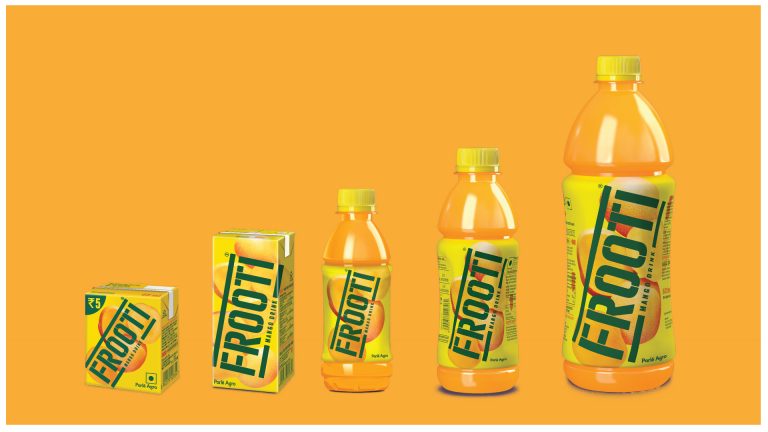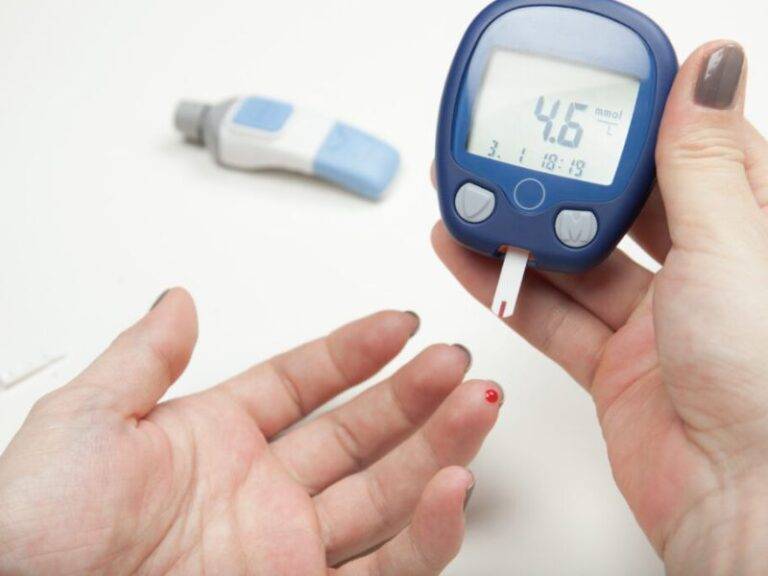The teenage years are crucial in growing up. Also known as the formative years, teenagers undergo plenty of hormonal and psychological changes. During this phase, it is important to be mindful of what you put in your body, as it supports physical and cognitive development.
Proper nutrition provides the fuel teenagers require to process changes in their bodies and brains. Teenagers must consume the necessary vitamins, minerals, and macronutrients like protein, carbohydrates, and fats. Your nutrition levels will also help boost your immune system and promote academic and athletic performance.
However, this is difficult for teenagers due to busy schedules, social activities, or picky eating habits. Most teenagers also prefer foods that have unhealthy fats and sugars. Fast food is convenient, and most find it delicious. Peer pressure and social media also impact food choices, making them aware of healthier food.
In this blog, we are going to talk about how teenagers need to be mindful of what they eat. Helping young adults understand nutrition will better support their growth, health, and well-being.
Importance of Nutrition During Teenage Years
The body is going through several changes during this time. This is why proper nutrition is important to support these changes. Diets also have an impact on academic performance. Nutrients such as omega-3 fatty acids, iron, and B vitamins are important for brain development, cognitive function, and enhancement of concentration and memory.
Along with this, having a balanced diet will help establish healthy eating habits at a young age. Being cautious about your health will prevent health concerns such as obesity, diabetes, and heart disease. Young adults are encouraged to have a nutritious diet daily for their overall growth and development.
Key Nutrients for Teenagers
Key nutrients for teenagers are vital for supporting their growth, development, and overall health during this crucial stage of life. These are the essential nutrients.
Macronutrients:
This refers to the nutrition that our body needs in large amounts to provide energy and support the function of our body. these includes:
- Carbohydrates: One of the primary energy sources for teenagers. It helps fuel their vibrant and active lifestyles while also supporting brain function. Sometimes carbohydrates include whole grains like oats, brown rice, and quinoa, as well as fruits and vegetables.
- Proteins: A primary ingredient essential for growth and muscle development. They also assist in building tissues and promote hormone growth and enzymes. This includes meats (chicken, turkey), fish, eggs, dairy products, beans, lentils, nuts, and seeds.
- Healthy Fats: Vital to provide energy and support cell growth. You can get these from sources such as avocados, nuts, seeds, olive oil, and fatty fish such as salmon and mackerel.
Micronutrients:
This refers to the nutrition that our body needs in a minimal amount but is very essential to our body. These include:
- Calcium: A nutrient required for strong bones and teeth. Foods high in calcium include milk, yogurt, cheese, fortified plant-based milk, leafy green vegetables, and almonds.
- Vitamin D: A crucial micronutrient to support bone health. It is found in foods such as fish and egg yolks. You also get it from sunlight exposure (not advised for prolonged periods).
- Iron: This micronutrient has the function of transporting oxygen, blood, and producing energy. Sources to consume iron include red meat, poultry, fish, beans, lentils, spinach, and fortified cereals.
- Zinc: Another essential nutrient needed to support immune function and wound healing. Found in meat, shellfish, legumes, seeds, nuts, and dairy products.
- Vitamin A: A key micronutrient required for vision, immune function, and skin health. Sources include carrots, sweet potatoes, spinach, and liver.
- Vitamin C: This supports the immune system and helps with the absorption of iron. Found in citrus fruits, strawberries, bell peppers, and broccoli.
- Vitamin E: This is an antioxidant that protects cells from damage. Sources include nuts, seeds, spinach, and vegetable oils
Daily Caloric Requirements:
The daily caloric requirements of teenagers vary based on many factors, such as age, gender, and level of activity. Let’s look at a brief overview:
Depending on Age:
- Ages 13-15:
- Boys: 2,200-2,600 calories per day (moderate activity)
- Girls: 1,800-2,200 calories per day (moderate activity)
- Ages 16-18:
- Boys: 2,400-3,200 calories per day (moderate activity)
- Girls: 2,000-2,400 calories per day (moderate activity)
Level of Activity:
- Sedentary Teens (those not involved in a lot of day-to-day activities): Aim for the lower end of the calorie range.
- Active Teens (athletes): As they are involved in a lot more physical activity, they require additional calories. This can mean an additional 500-1,000 calories per day, depending on the sport and training intensity.
Common Challenges in Teenage Nutrition:
The healthy eating of teenagers is hampered by the availability of fast foods. They are convenient, cheaper, and much tastier. They contribute to the high intake of unhealthy fats, sugars, and sodium. It’s very hard to establish regular eating habits because teenagers are often busy with school, sports, and social life and have to skip meals or use fast foods instead of their regular, more nutritious meals. In addition, most adolescents do not have information on healthy choices, hence making it hard to make appropriate dietary choices.
Encourage teens to plan meals and snacks, making sure to include balanced choices of protein, fruits, vegetables, and whole grains. Also choose to provide quick, easy, nutrient-dense snacks like yogurt, fruit, nuts, and veggie sticks to replace less healthy options. Adolescents need to be taught how to read food labels to incorporate healthier choices in their lives.
Practical Tips for a Balanced Teenage Diet:
Balancing a healthy diet is very essential for teenagers to avoid unwanted weight gain and lifestyle diseases like diabetes, obesity, and thyroid in the future
Meal Planning: With the help of meal planning, teenagers receive the nutrients required for their development. An example of meal planning could be as follows:
Breakfast:
- Whole grain toast with avocado and a poached egg
- A bowl of mixed berries
- A glass of low-fat milk or a fortified plant-based milk
Lunch:
- Grilled chicken wrap with whole grain tortilla, lettuce, tomatoes, and a light dressing
- Carrot and cucumber sticks with hummus
- An apple
Dinner:
- Baked salmon with quinoa and steamed broccoli
- A side salad with mixed greens, cherry tomatoes, and a vinaigrette
Healthy Snacks:
- Yogurt with fresh fruit or a sprinkle of granola
- Homemade trail mix with nuts, seeds, and dried fruit
- Fresh fruit like apples, bananas, or berries
- Veggie sticks with hummus or guacamole
- Whole grain crackers with cheese or nut butter
- Smoothies made with fruits, vegetables, and a protein source like yogurt or milk
Hydration:
Hydration is a key factor in improving overall health. Water is the ideal choice for hydration. A lot of teenagers prefer sugary drinks or caffeinated drinks over water. These lack nutritional value and do not provide adequate hydration. Alternatives to water could be herbal teas and infused water with slices of fruit or herbs.
Parental Role in Teen Nutrition:
Parents can shape a lot of a teenager’s dietary choices. They play a crucial role in developing and influencing a teenager’s diet in the present and the future. It is encouraged that parents lead by example in healthy eating habits. Stocking up the kitchen with healthier choices such as fruits, vegetables, and lean proteins will create a healthier food environment.
Regular times for food intake create a pattern that they do not skip; teaching them how different types of food serve different benefits will help with their nutrition and understanding its role in keeping them healthy. It is important to restrict the intake of junk food and make teens understand the importance of eating in moderation. Another thing parents should consider doing is shopping with their teens. Contributing to a shopping list, choosing fresh produce, preparing meals, and selecting recipes will help them develop a healthy attitude toward nutrition.
Conclusion
A balanced diet is quite essential in teenagers, given that their physical growth, cognitive development, and high energy demands are rapid. Proper nutrition ensures that teens get all the vitamins, minerals, and macronutrients they need for overall health, academic improvement, and improved physical performance.
Healthy eating can be pleasurable, effortless, and fulfilling for teenagers. There are plenty of food choices out there. By choosing nutrient-dense food choices and making smart selections, teenagers can optimize their well-being.
Qua Nutrition is an expert at customizing nutritional plans. Our team is skilled at helping teenagers navigate their dietary needs. Our dietician and nutritionist conduct research and use evidence-based nutrition plans for the optimal health and development of teenagers. By teaming up with Qua Nutrition, you can leave your nutritional needs in good hands. Contact us now.









